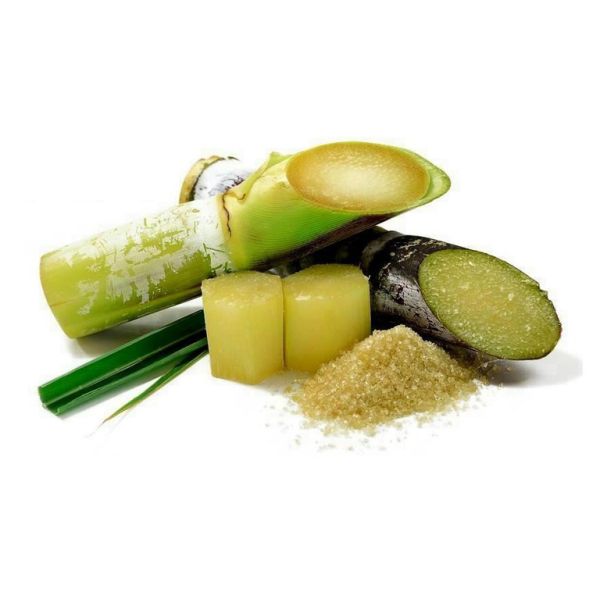Policosanol, a dietary supplement, is a mixture of alcohols isolated from Cuban sugar cane wax. It contains about 60 percent octacosanol.
Policosanol has been touted as a dietary supplement that can lower cholesterol.
Although some studies suggest that policosanol may help to inhibit cholesterol formation in the liver, the majority of the studies on sugar cane policosanol have been conducted by a single research group in Cuba that’s involved with the policosanol patent.
An independent study published in the Journal of the American Medical Association in 2006 did not find any benefit of policosanol, even at high doses, on cholesterol levels. This finding casts some doubt on the reliability of the Cuban research on policosanol.
More recently, an animal study published in 2016 found that rats who were fed a high-cholesterol diet and given policosanol for six weeks experienced a significant decrease in cholesterol, blood sugar, triglycerides, LDL “bad” cholesterol, and the enzymatic activity in the liver that control cholesterol synthesis compared to rats who weren’t given policosanol. Researchers concluded that policosanol has the potential to be developed into an effective dietary strategy for managing the boost in blood sugar and cholesterol that follows meals.
Another study, this one a review of 22 studies involving nearly 1,900 people published in 2017, reported that sugar cane policosanol could significantly reduce total cholesterol and LDL cholesterol and increase HDL “good” cholesterol; no significant effects were observed on triglyceride and body weight. However, researchers concluded that because of the differences in the study designs, the better treatment effects observed in the studies from Cuba, and the inconsistent dose-response relationship, more clinical trials are needed to confirm the efficacy of policosanol on high cholesterol.
Although the reliability of the Cuban studies has been questioned, the side effects of policosanol reported in the trials have generally been mild and short-term. They’ve included indigestion, skin rash, headache, insomnia, and weight loss.
Policosanol may increase the effect of medications that interfere with blood clotting or anti-platelet drugs, such as aspirin, warfarin (Coumadin), heparin, clopidogrel (Plavix), ticlopidine (Ticlid), or pentoxifylline (Trental), or supplements such as garlic, ginkgo, or high-dose vitamin E.
Policosanol may increase the effects and side effects of levodopa, a medication used for Parkinson’s disease.
Also keep in mind that the safety of supplements in pregnant women, nursing mothers, children, and those with medical conditions or who are taking medications has not been established.
A typical dosage of policosanol used in studies has been five to 10 milligrams twice daily. Studies generally find that it can take up to two months to notice benefits.
Post time: Jun-05-2020
